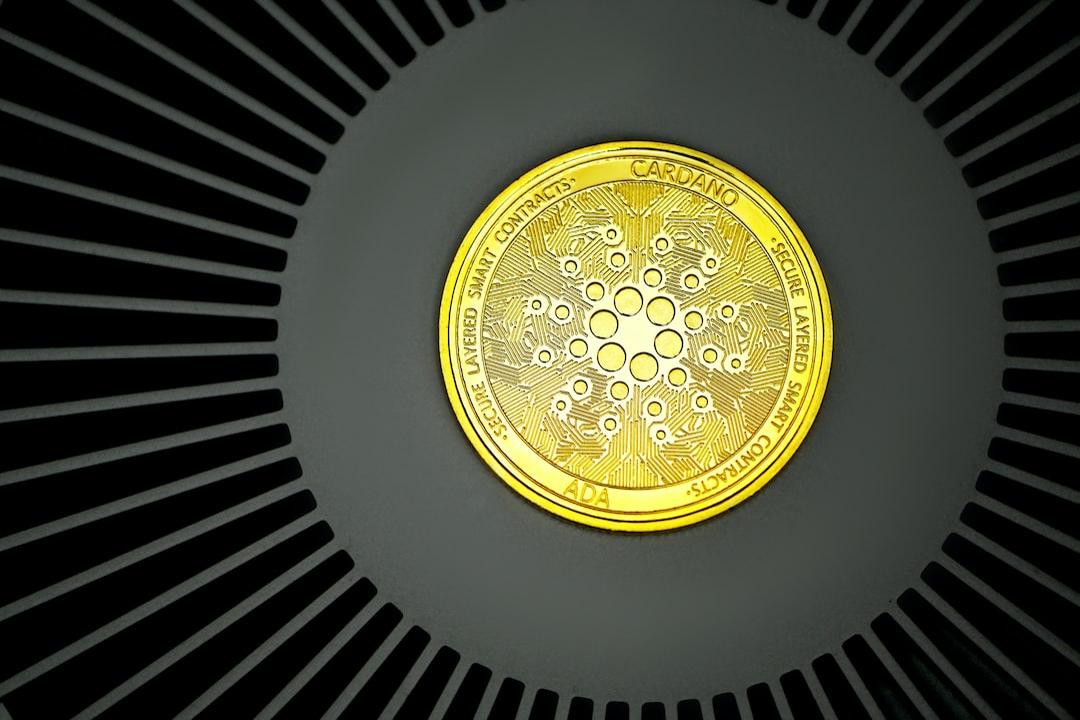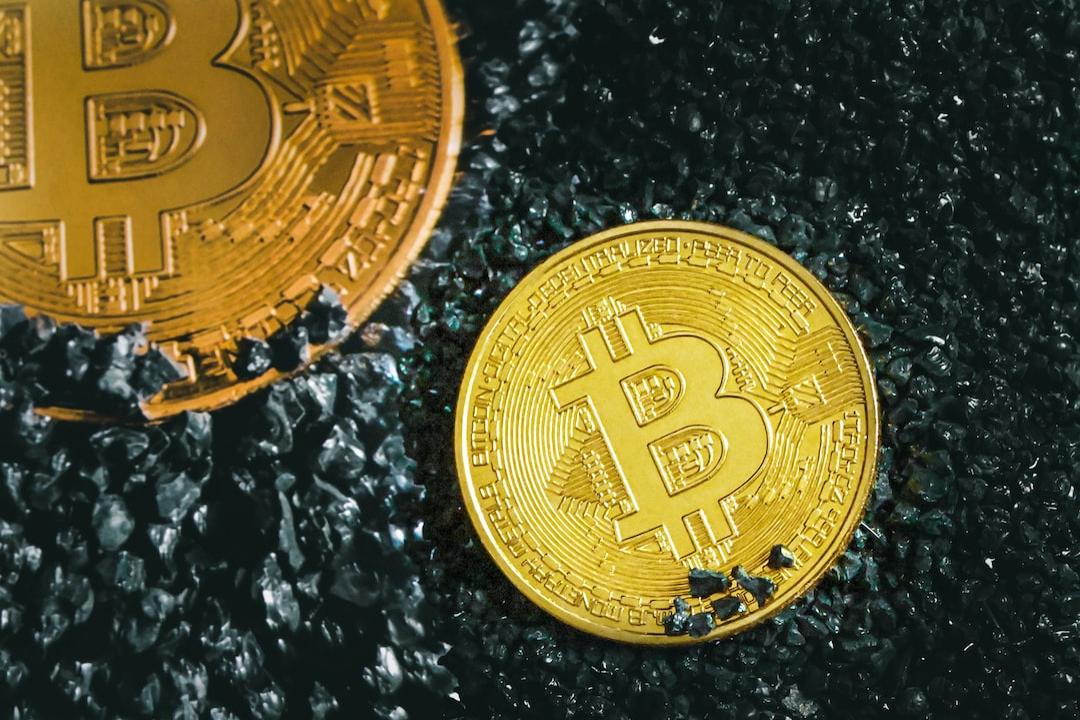Argentina Gets $20 Billion Credit From IMF, Lifts Currency Controls
The government of Argentina has finalized a deal with the International Monetary Fund (IMF) for a 48-month credit facility worth $20 billion to support the ongoing macroeconomic stabilization of the nation’s economy. President Javier Milei also announced the end of long-standing currency controls.
The government of Argentina has closed a deal with the International Monetary Fund (IMF) that will give it access to a $20 billion credit facility to help Milei’s administration open Argentina to the world and contribute to further strengthening the nation’s macroeconomic stability.
The deal, which was finally approved by the fund’s executive board on April 11, encompasses the immediate disbursement of $12 billion and a review planned for June with an associated release of $2 billion more.
Milei’s administration touted this event as a victory, explaining that this was a first for the fund, that allowed this credit to go through due to the implementation of his deregulation and so-called chainsaw policies.
In a televised message, Milei stated:
This is the first time in history that the Fund has approved a program that is not to finance the transition from a disorderly to an orderly macroeconomy, but to support an economic plan that has already yielded results.
Detractors of Milei’s policies have claimed that this increases the current debt with the international lender to close to $67 billion, worsening the weight for future generations. Nonetheless, with this disbursement, Economy Minister Luis Caputo declared the end of the so-called “cepo,” the Argentine currency control, establishing a new price band for the dollar that will be updated each month by 1%. If the dollar goes out of the established bands, the central bank would act to stabilize rates.
Others see this move as a covert devaluation of the peso, that is expected to climb to the weaker side of the established price band as Argentines jump to purchase dollars freely for the first time since 2019.
Economist Ricardo Delgado noted that if this goes wrong, it could hurt the result of the upcoming legislative elections. “This is a devaluation, which rather goes against what the government would have intended to calmly get to elections. It’s a bit surprising that at this time of global volatility, the controls are being lifted,” he stressed.
Read more: Dollarization Can Lead to ‘Economic Contraction and Collapse’ of Argentine Economy — Former US Treasury Official






